*Written by Alyssa Wright – Media and Marketing Manager at Trident Early Learning.*
Early childhood educators use a lot of words that others may perceive as jargon and “agency” is one of those definitions.
Having agency means “being able to make choices and decisions, to influence events and to have an impact on one’s world.” (The Early Years Learning Framework for Australia: Belonging, Being & Becoming, p. 64).
As children develop a sense of agency, they realise that they have the ability to make their own decisions and control their own lives. It is about supporting children in making decisions, listening to their ideas, allowing them to challenge others ideas in a respectful manner, and feel that their ideas, thoughts, theories and decisions are respected.
Occasionally, people can have concerns that the promotion of agency means children have no limitations or boundaries. Allowing choices does not mean that the children dictate each and every part of their lives. It just allows them to lead their own learning and make valuable contributions to their play. We provide children with guidance throughout all of their decision-making at childcare.
Children at Trident Early Learning have many opportunities to develop their sense of agency, including but not limited to:
- Where they play
- indoors or outdoors
- at an activity of their own choosing
- in a calm space, away from others
- What they play with and how they engage with activities
- multiple play areas to explore
- access to multiple resources
- free-choice, process-based art experiences
- optional participation in activities
- contribution to the educational program and planning cycle
- Who they play with
- solitary play
- with a friend
- with an educator
- with a small group
- What they eat and drink
- free choice of fruits & veggies
- where they sit
- how much food or drink they wish to ingest
- When they want to participate
- participation in activities is optional
- flexible group times
- not forced to complete art work or engage in an activity
- What decisions are made that affect them
- including the children's voices in programs, policies, procedures, routines and the centre philosophy
- setting behaviour guidance limits together
While children are capable of making their own decisions, it is up to us as educators to provide limits and guidance. For example, children are free to play between the indoor and outdoor environments during open-door times. However, there may be times that we cannot have the doors open due to unexpected factors such as supervision requirements or time restraints, so the children need to stay in the one space.
Another example is that we allow children to explore creatively with our art materials. However, we must provide them with limits, such as refraining from drawing on our furniture or cutting up our books. The children quickly learn what their limits are.
Providing children with opportunities to make their own decisions shows them that we value their input, their voice and their contributions. In turn, they will feel confident, respected and included, which will instill a feeling of belonging and a love for learning.
Resources:
ACECQA - Supporting Agency: Involving Children in Decision Making
Sources:
Early Childhood Australia - Enabling Environments and Children’s Agency: Connecting the Pieces
Play Matters -5 Ways to Support Young Children's Agency
Xplor - Respecting a Child's Sense of Agency and Belonging




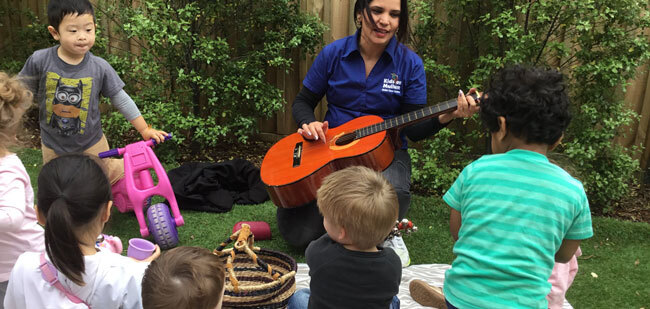
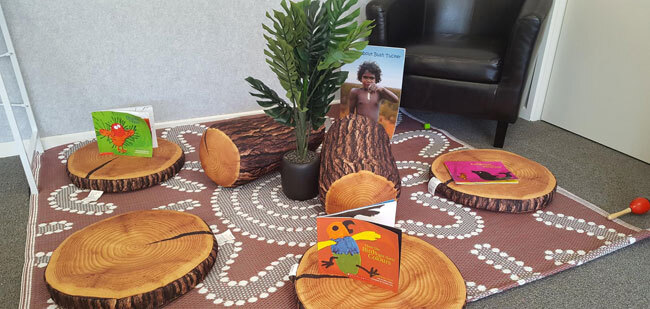
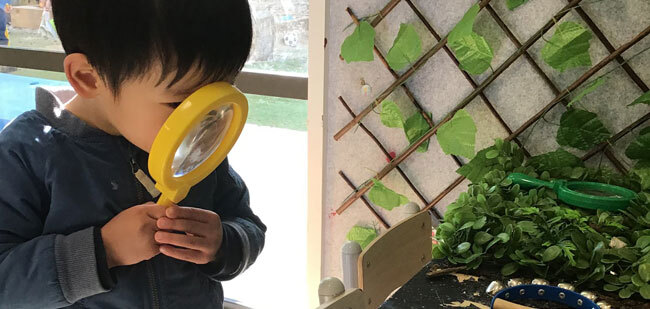
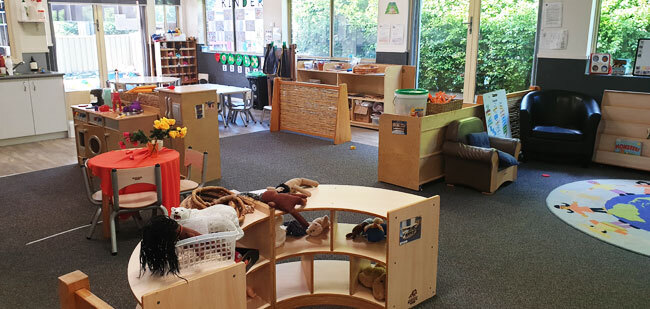
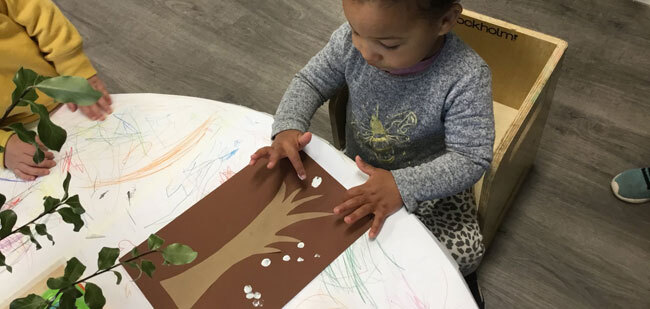
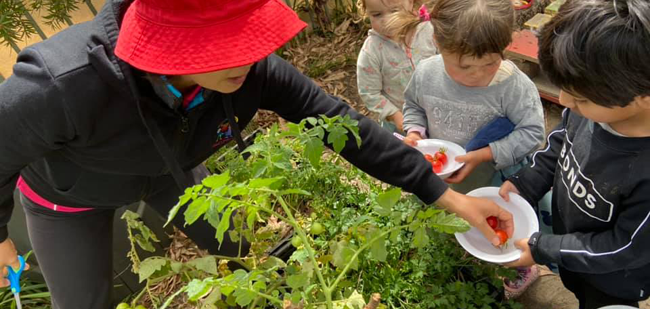
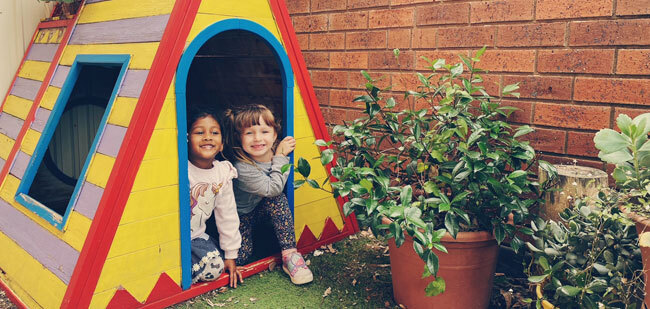
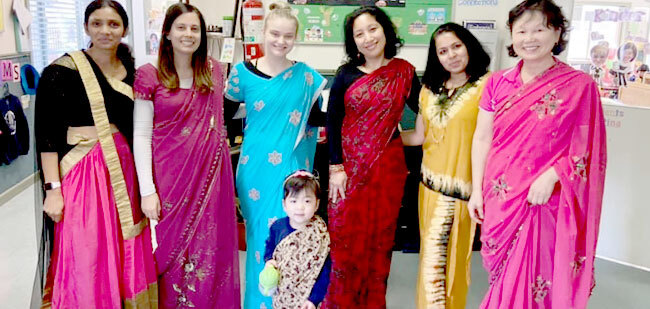
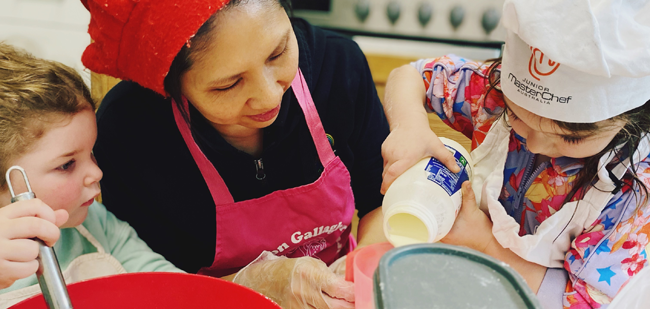
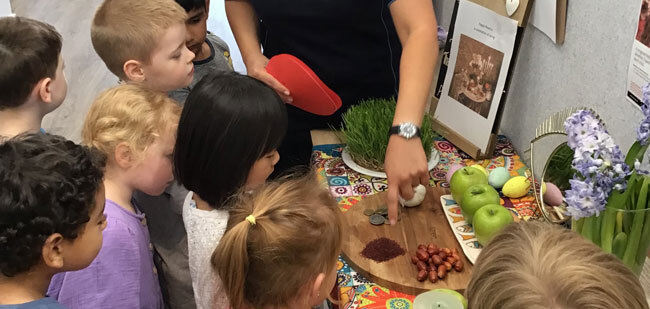
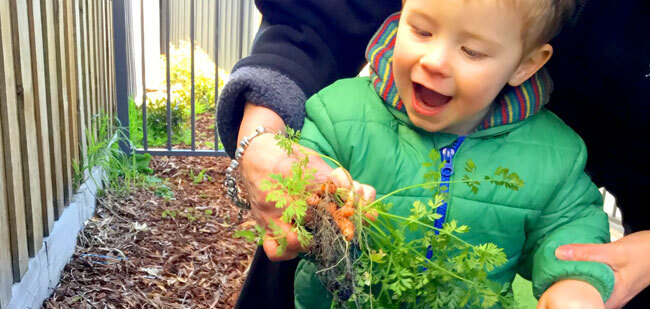

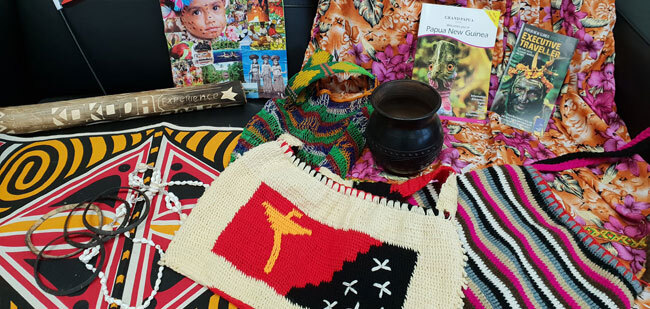
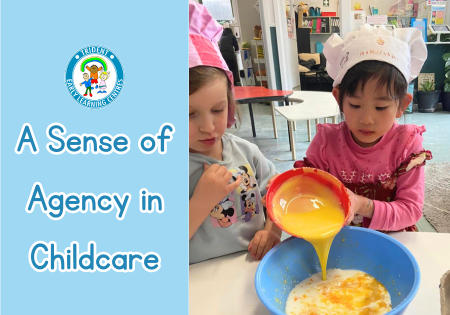
 info@tridentearlylearning.com.au
info@tridentearlylearning.com.au